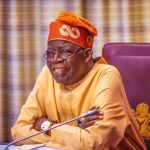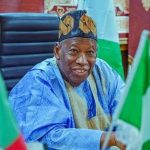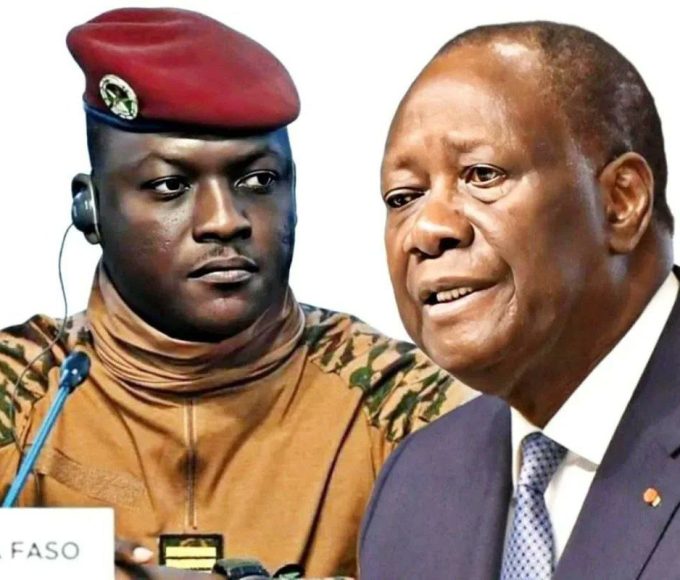
In a recent statement by the presidency’s special adviser on information and strategy, he attributed the current economic challenges facing Nigeria to pre-existing conditions predating President Bola Tinubu’s assumption of power on May 29, 2023.
The statement highlighted the measures undertaken by the Tinubu administration to address these persistent issues.
The president’s aide, Mr Onanuga, emphasized that Nigeria faced a series of financial difficulties even before President Tinubu took office.
Citing statistics, he noted a staggering budget deficit of N10.8 trillion by June 2023, paired with actual debt service nearly doubling the projected rate. The country’s foreign reserves were reported to be critically low, hindering the remittance of funds for foreign airlines.
Mr Onanuga highlighted the discrepancy in reported foreign reserves, with JP Morgan’s estimation revealing a significantly lower figure compared to the previously publicized amount.
He further stressed the urgency of addressing economic imbalances and emphasized President Tinubu’s immediate actions to tackle these challenges head-on.
He noted that the removal of the fuel subsidy was a move projected to save approximately N7 trillion and was noted as one of the critical steps taken by the current administration.
Despite acknowledging the discomfort resulting from these reforms, Mr Onanuga reassured proactive measures aimed at alleviating the economic strain while anticipating forthcoming positive outcomes.
Regarding the high fuel prices and the depreciation of the Naira as contributing factors to increased costs of goods and services, the aide pointed out the inflation rate reached 28.2% in November, with food inflation remaining a pressing concern.
However, amidst these challenges, the presidency highlighted the positive trajectory showcased in the third quarter of 2023.
National Bureau of Statistics reported a 2.54% GDP growth, marking an improvement from the previous year and indicating potential economic upturns.
Sectors such as services, construction, real estate, and certain industries witnessed growth, while the oil sector exhibited a notable recovery attributed to enhanced security in oil infrastructure and operations.
Furthermore, trade volume surged significantly, recording a trade surplus in the third quarter, showcasing a substantial increase in export value, predominantly led by crude oil.
The statement concluded with a focus on the Tinubu administration’s commitment to steering Nigeria’s economy towards growth, development, and prosperity, signalling hopes for brighter economic prospects in the foreseeable future.
However, as Nigerians continue to grapple with the ongoing economic challenges, the presidency’s statement was to shed light on the government’s efforts and strategies to navigate and rectify the systemic issues.
As Nigerians continue to demand transparency and accountability from all levels of government. Without a doubt, the effects of the removal of fuel subsidy, inflation and other economic issues continue to affect the masses. Apart from promises of future project progress, the masses await positive outcomes.
Read: Osimhen Extends Stay at Napoli till 2026
About The Author
Related Articles
CSS States Considers UEMOA Boycott Over Alleged President Ouattara’s Power Rotation Block
Tensions are rising within the West African Economic and Monetary Union (UEMOA)...
ByOluwasegun SanusiJuly 9, 2025Cedi@60: Bank of Ghana Vows to Keep Currency Stable, Sustain Economic Stability
The Bank of Ghana (BoG) has reaffirmed its commitment to protecting the...
ByConfidence UbaniJuly 9, 2025Malian Court Jails Former Minister Cissoko Over Presidential Jet Scandal; Others Sentenced in Absentia
The Special Assize Court in Bamako has delivered its long-awaited verdict on...
ByOluwasegun SanusiJuly 9, 2025Ghana Sets Up Anti-Gold Smuggling Task Force to Recover Billions in Lost Revenue
Ghana has launched a national task force to combat gold smuggling and...
ByConfidence UbaniJuly 9, 2025












